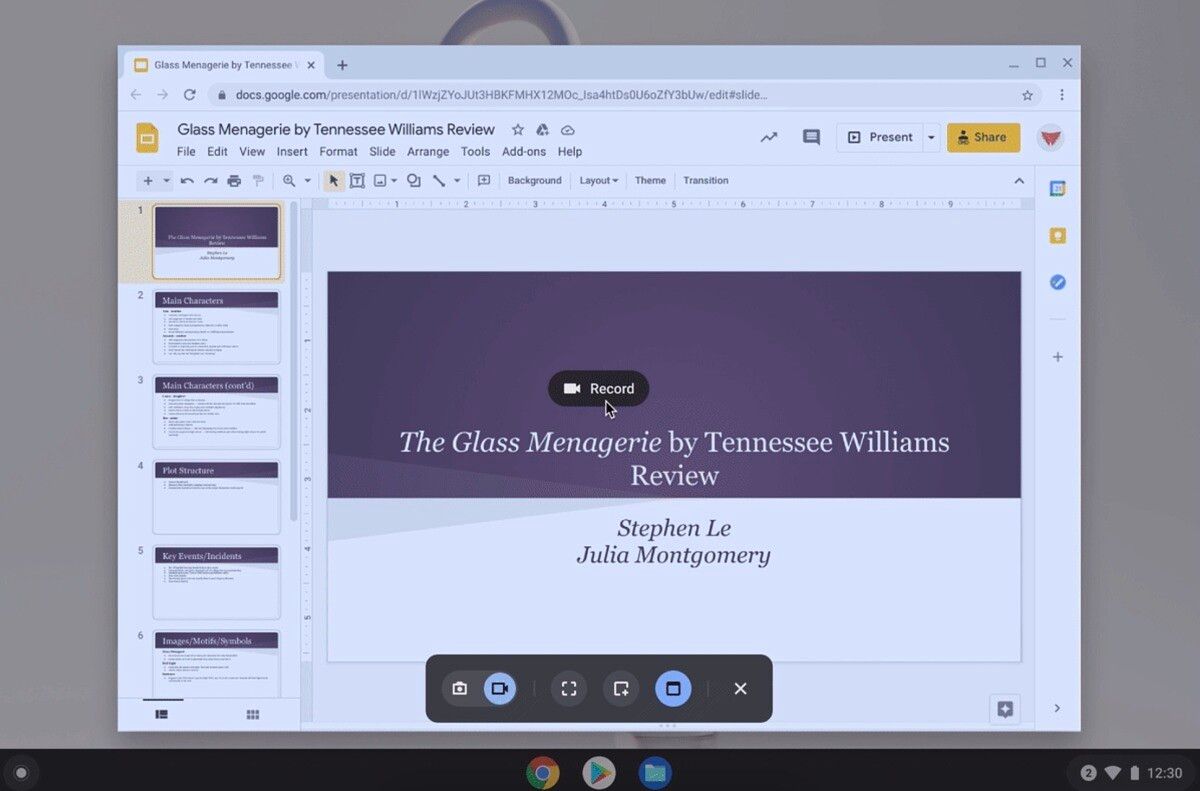Chromebooks had their moment in 2020, especially in the classroom. As a result, Google is leaning even more into education by announcing more features that should make the lives of teachers and students a little easier.
In a blog post on Wednesday, Google said it’s planning to introduce 40 new devices and accessibility improvements in the coming months. One of them is a screen recording tool that will be built right into Chrome OS. With this tool, arriving in March with Chrome OS 89, teachers and students can record lessons and refer back to them at a later date.
Google said that it also plans to release new Chromebooks that will better support students with limited access to the Internet and/or in countries with strong mobile broadband networks. Called “Always Connected” devices, these devices will support LTE connectivity so you don’t have to rely on Wi-Fi.
Many of the 40 new Chromebooks that are set to launch in the coming months will support convertible functionality. That means they can be used like a laptop and a tablet, with support for a stylus, touchscreen, and dual-cameras. These features will provide students with better tools to learn and create, whether they’re drawing, editing videos, or taking notes.
Google also announced plans to introduce more accessibility features. In ChromeVox, for example, Google is working to launch improved tutorials, the ability to search ChromeVox menus, and smoother voice switching that automatically changes the screen reader’s voice based on the language of the text.
Finally, Google said it’s making it possible for families to add a Google Workspace for Education account to their child’s personal Google Account managed with Family Link. Additionally, Google is also adding new features that will make it easier for educators to better deploy multiple Chromebook devices among students.
All of these new improvements arrive as Google continues to make Meet, which is critical to remote learning, more optimized on Chrome OS.


